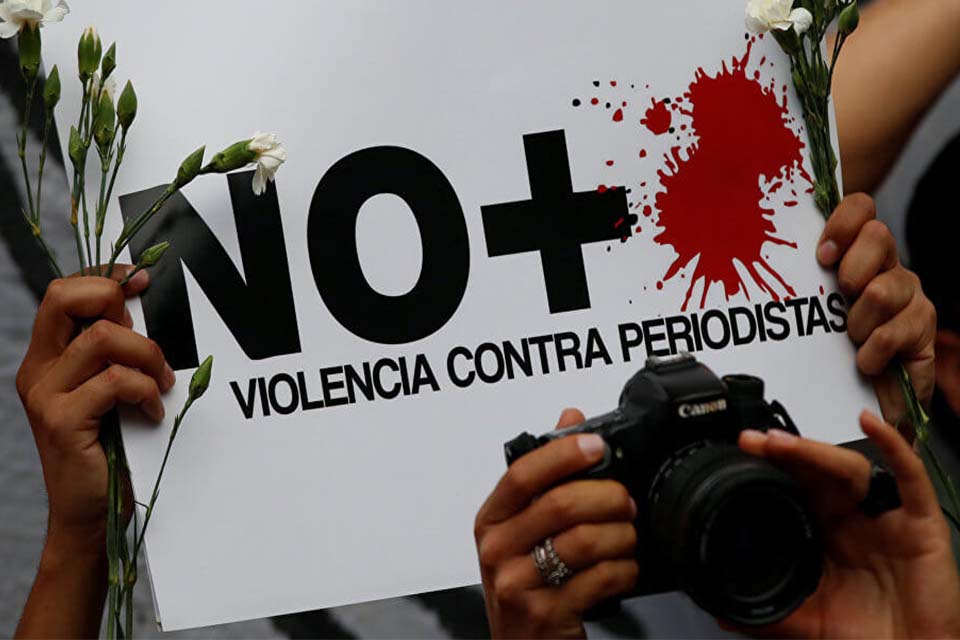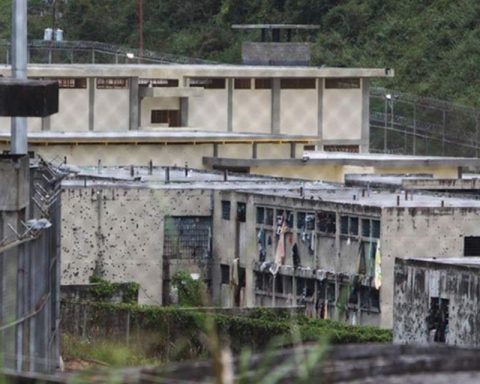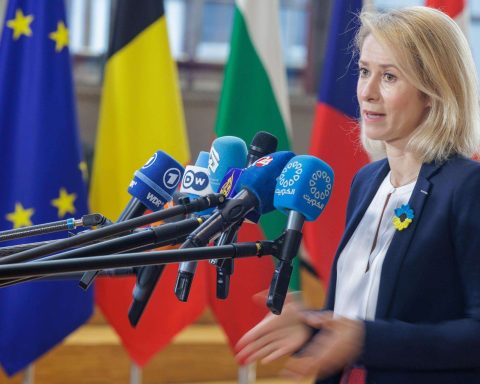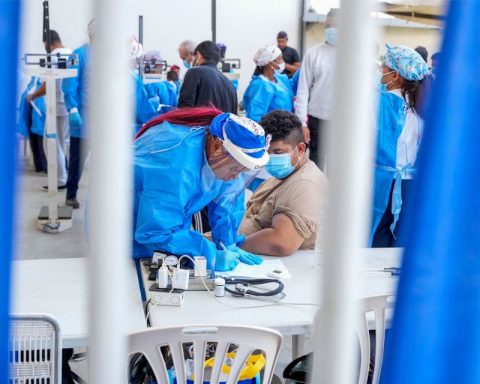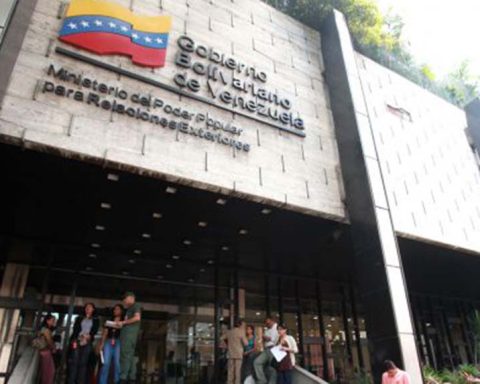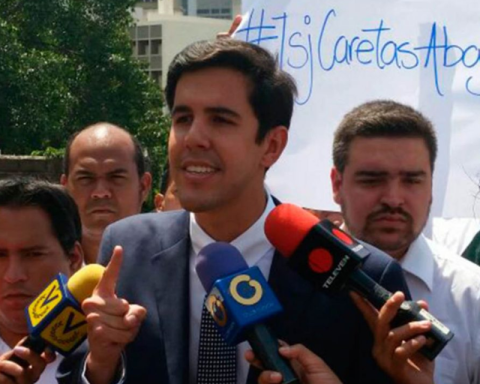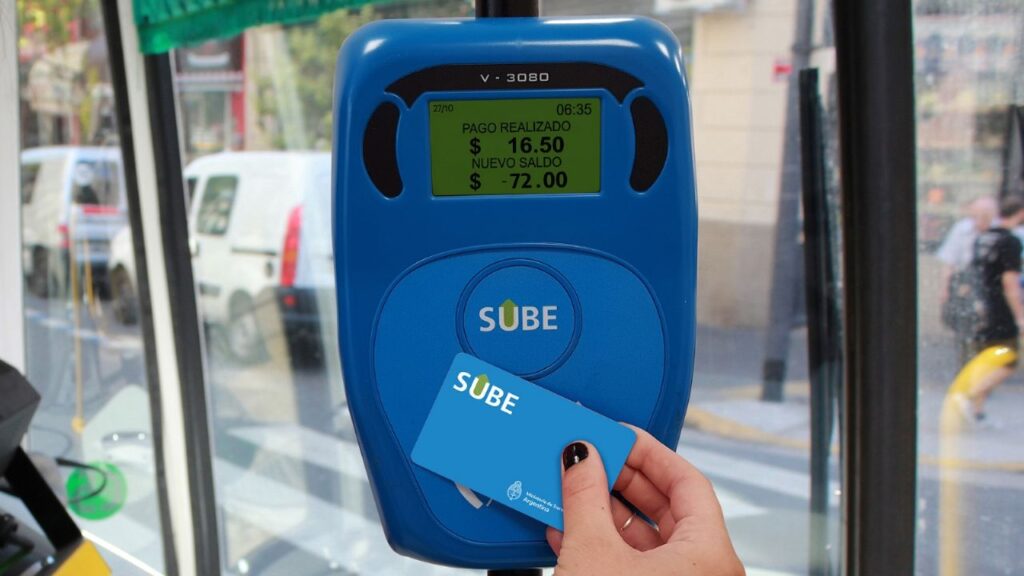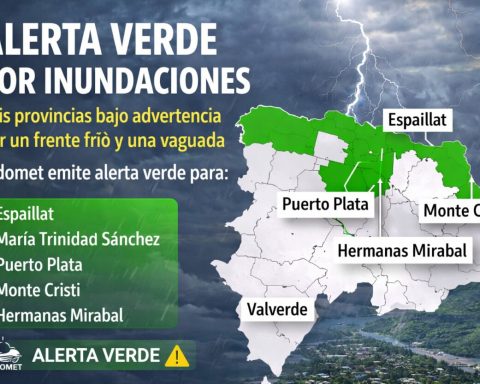In Venezuela for the day of the journalist at least three communicators are deprived of liberty for the exercise of their work, as has been denounced by the National Association of Journalists
This Monday, June 26, the National Day of the Journalist is commemorated in Venezuela, a date that has been honored since 1965 due to the first publication of the “Correo del Orinoco”, a newspaper that was published in 1818.
Since then, journalists have closely faced persecution, intimidation and the criminalization of their work.
For this reason, the media are increasingly surrounded in Venezuela, where paper ceased to exist and with it the State appropriated the newspaper as a means of information, where migration and the need to inform pushed the media to go to the web, where the windows that seek to keep the community up to date in the news context have also been blocked.
A report of Public space revealed that, by 2015, 38.8% of the population used national print newspapers for information, five years later, in 2021, only 3.1% of those surveyed used them to find out news. The reduction in regional print media went from 29.2% in 2016 to 1.9% in 2021.
Radio and television, both free-to-air and subscription, are subject to the regulations of the National Telecommunications Commission (Conatel), which regularly closes stations or pressures station directors to eliminate programs. They are usually broadcasts with content related to criticism of regional or national public management.
The information drought is the consequence of a State policy that systematically punishes criticism and tolerates the abuses of its supporters. Among the observed patterns are considered:
- The criticism as coming from enemies, which validates the disqualification that is made to the media and journalists.
- The criminalization of expressions, whether due to the application of unconstitutional laws or the closure of radio or television stations.
- Violence and impunity in the actions of officials or third parties who assault and attack journalists in street coverage.
State policy has as an explicit or underlying purpose the social construction of the fear of expressing oneself and thereby reducing the circulation of content critical of government management. Some of the consequences are the increase in the arbitrariness of officials, little or no accountability and therefore, the increase in corrupt practices in the different governmental spheres.
On this day the Institute of Press and Society (IPYS) Venezuela denounces that, between January and June 27, 2022, at least 41 violations of reporters in the exercise of their freedoms have been recorded.
Barinas with six cases was the entity of the territory where more limitations were registered, followed by the Metropolitan Area of Caracas with four cases and Cojedes and Táchira with three cases each.
Restrictions on access to information have accumulated the majority of incidents against reporters so far this year and totaled 14 cases, followed by assaults and attacks with 11 incidents and acts of stigmatizing speech with seven. As for the affected journalists, the total rises to 41, of which 22 have been women and 19 men.
3/4 ? In the country, the journalistic profession has been the target of limitations and violations in recent years, and informative work has been criminalized by officials linked to power. pic.twitter.com/y5lCylFODU
– IPYS Venezuela (@ipysvenezuela) June 27, 2022
jailed journalists
On Sunday, June 26, it was one year and eight months since the journalist Roland Carreño was arrested and charged with the alleged commission of the crimes of “financing terrorism, conspiracy against the political form and illicit trafficking in weapons of war.”
For this reason, the National College of Journalists (CNP) Caracas branchquestioned that the case against the journalist is a “rigged process, with a script prepared in violation of due process and human rights.”
In commemoration of the month of the journalist, from the CNP they asked that journalist Roland Carreño be granted full freedom.
This journalist was arrested on October 26, 2020, since then he has been held at the headquarters of the Bolivarian National Intelligence Service (Sebin) in Helicoide, designated as one of the torture centers of this State security body.
The irregularities in the case of the journalist and leader of Voluntad Popular have been present from the beginning, his trial began 18 months after his arrest. The Prosecutor’s Office presented the alleged evidence against him in just five minutes, which was objected to by his defense because they were not promoted at the corresponding time.
The journalist has suffered several crises of hypertension while in prison, which fortunately has been controlled.
#MonthOfTheJournalist #2022 #26jun #Today 20 months have passed since the arbitrary detention of #RolandCarreño
A rigged process, with a prepared script, violating due process and human rights.#LiberenARolandCarreño pic.twitter.com/94fYakPplD– CNP Caracas (@CNPCaracas) June 26, 2022
Another of the known cases is that of the social communicators Ramón Centeno and Gabriel Guerra, who are imprisoned in the National Anti-Drug Office (ONA) in San Agustín, Caracas, after conducting an interview with some detainees for alleged links to drug trafficking.
According to the CNP, both journalists remain detained without a court order and in flagrant violation of due process remain deprived of their liberty.
Both Centeno and Guerra were charged with the alleged crimes of criminal association, influence peddling and usurpation of functions.
Both have been imprisoned for more than 120 days.
However, in the case of Ramón Centeno, he is a patient with heart disease, who is also convalescing from hip reconstruction surgery. Even the first presentation hearing was suspended due to facial paralysis in full court.
Currently the journalist Centeno is in bed, given his situation.
Both Centeno and Guerra were arrested on February 2, the latter being arrested for their involvement in an alleged drug trafficking network dedicated to recruiting public officials.
* Read also: Fight against “hospital mafias” drags doctors and nurses
Post Views:
205
